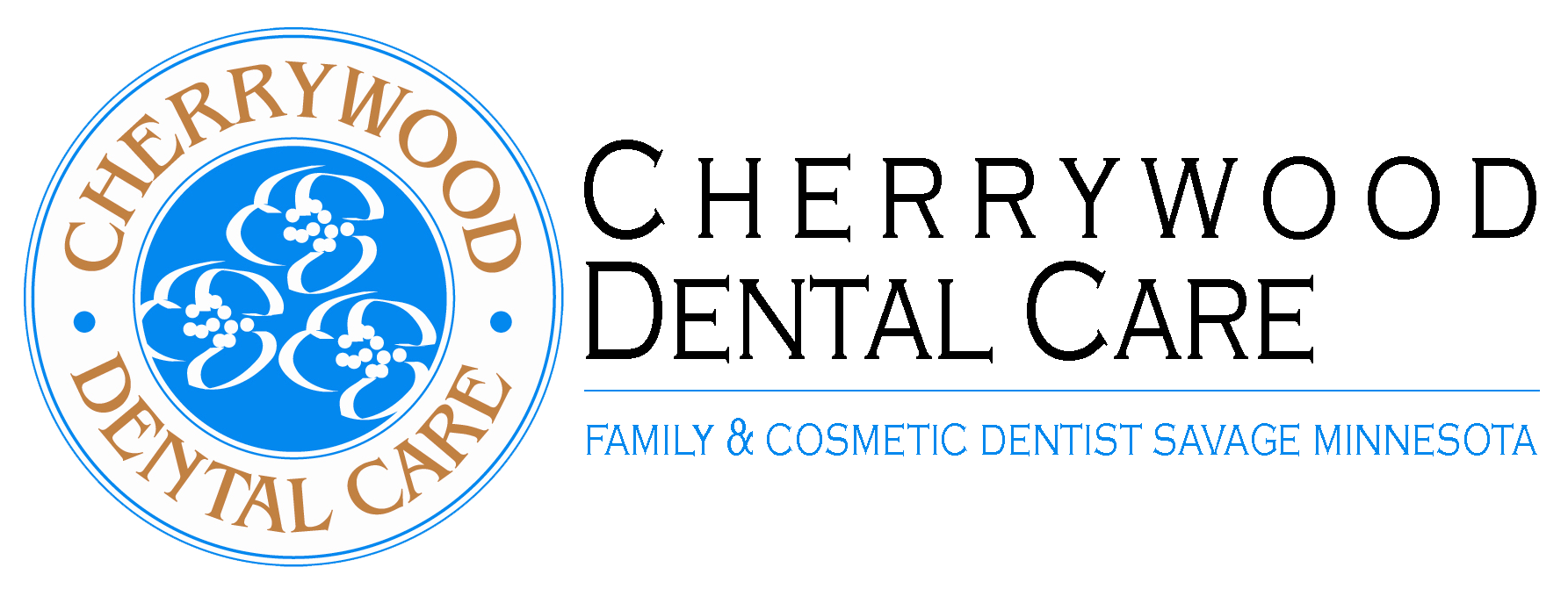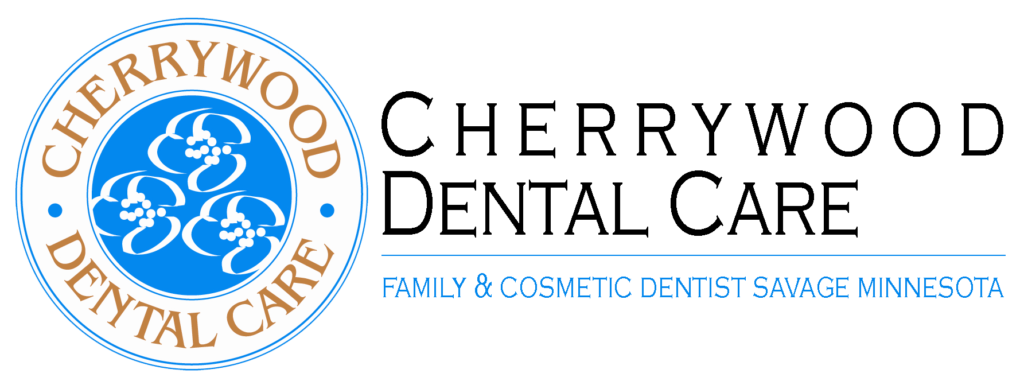How Long do Swollen Gums Last?
If you have ever been too impatient to sip your freshly brewed coffee or the baked pasta that you just took out of the oven, then you already know what burned gums feel like. Burning your gums is not unlike burning your fingers, but the tissue in your mouth tends to heal faster than your skin. If the food or drink was hot enough, then your gums may even swell from the injury, but not all swollen gums are a result of not allowing your food to cool properly before eating it. Before you can plan on recovery from swollen gums, you will need to know what is causing the inflammation. A dentist will be able to help diagnose and determine what the root cause is and then the dentist can help you understand the treatment plan. Unfortunately, without a professional diagnosis, you will not be able to internet search your way to a specific amount of time.
Burning Mouth Syndrome
Your cheeks, tongue, gums, and even the back of your throat can be affected by burning mouth syndrome, or BMS. If you experience tingling, burning, dry mouth, or increased thirst on and off or even persistently over a period of time, you may have your diagnosis. Another symptom that accompanies burning mouth syndrome is a metallic taste in your mouth.
Burning mouth syndrome is caused by diets lacking specific vitamins resulting in a nutritional deficiency. Your mouth is trying to encourage you to change what you’re eating. Other people experience BMS with certain medications and even other people suffer from this syndrome when they have a thrush fungal infection in their mouth. Burning mouth syndrome can accompany hormonal changes and high stress levels. And the last few reasons your mouth is burning are an endocrine imbalance and brushing too vigorously.
Toothpaste and Mouthwashes
If your mouth has started to feel like it's on fire or your gums have started to feel puffier than usual, take a moment to note if the change in your mouth coincided with a change in your toothpaste or mouthwash. Ingredients in mouthwash like alcohol can have a drying effect on the tissues in your mouth. You may be having a mild allergic reaction to one of the other ingredients in your new oral care product. If you suspect you are allergic to your new toothpaste or mouthwash, try switching back to your previous one and see if the sensations go away.
Gingivitis
If you notice that the discomfort in your mouth is limited to your gums and does not affect any other soft tissues, you may have untreated gum disease. When plaque builds along the gum line and allows bacteria to grow between your teeth and your gums, you can develop gingivitis. Some of the symptoms of gum disease include itchy gums, swollen gums, sensitive gums, and gums that bleed easily. When gingivitis is addressed promptly, it can be stopped and even reversed. Without professional dental treatment, gum disease can advance to periodontitis, bone loss, gum tissue loss, and even tooth loss.

